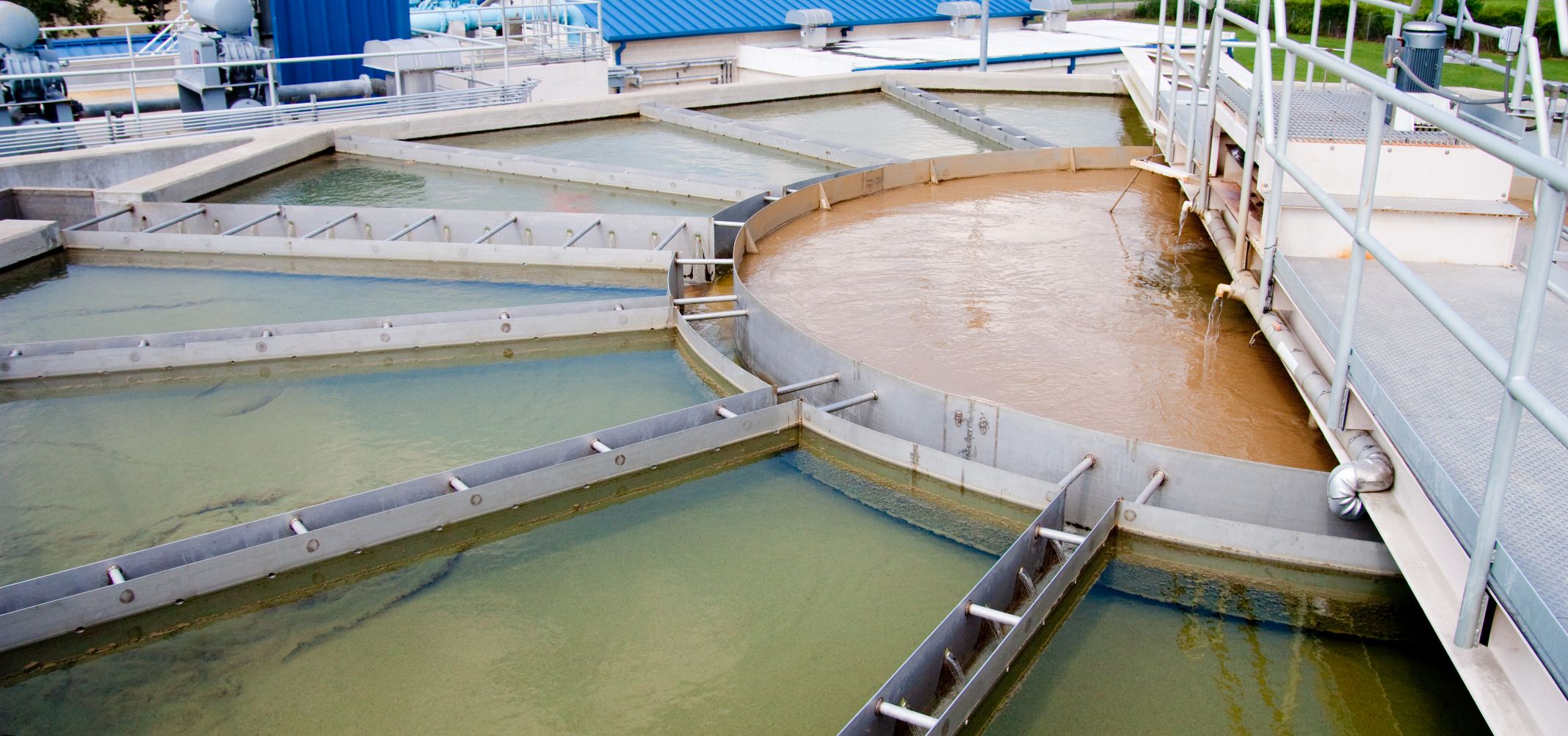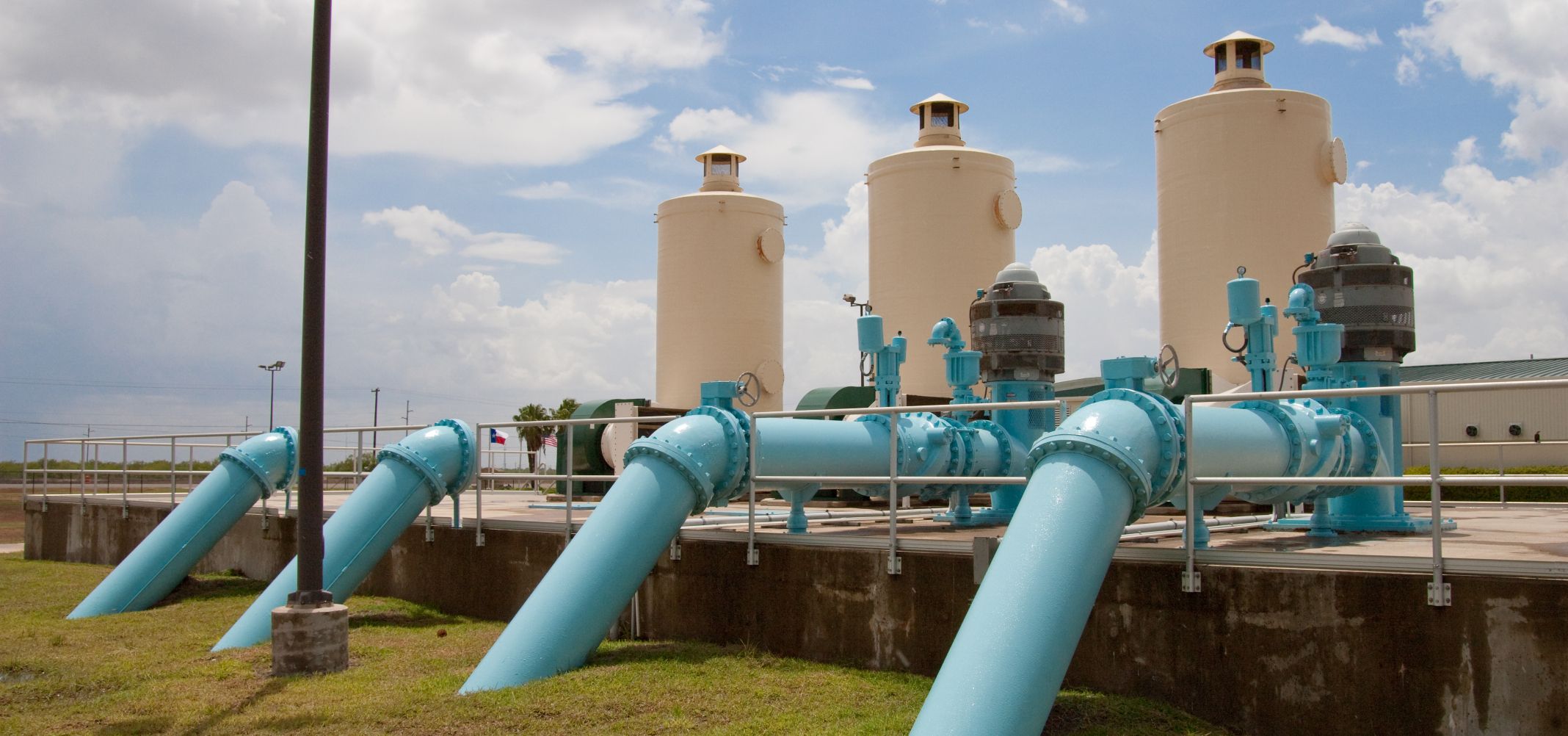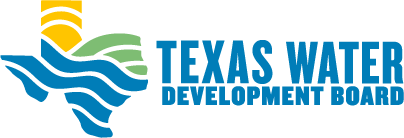Learn about Texas Water Development Board including our Press Releases and Financing Team.
Talk to us
Have questions? Reach out to us directly.
Learn about Texas Water Development Board including our Press Releases and Financing Team.
About Texas Water Development Board
- State of Texas G.O. Bond Ratings
- AAA/Aaa/AAA
- TWDB State Revolving Fund Revenue Bond Ratings
- AAA/AAA
- TWDB State Water Revenue Fund for Texas Revenue Bond Ratings
- AAA/AAA
The mission of the Texas Water Development Board (TWDB) is to lead the state’s efforts in ensuring a secure water future for Texas. Our mission is a vital part of Texas’ overall vision and the state’s mission and goals that relate to maintaining the viability of the state’s natural resources, health, and economic development.
To accomplish our goals of planning for the state’s water resources and providing affordable water and wastewater services, the TWDB provides water planning, data collection and dissemination, financial assistance, and technical assistance services to the citizens of Texas. The tremendous population growth that the state continues to experience and the recurrent threat of severe drought only intensify the need for the TWDB to accomplish its goals in an effective and efficient manner.
The Texas Water Development Board (TWDB) was created in 1957, it currently:
- supports the development of regional water plans and incorporates them into a state water plan for the orderly and responsible development, management, and conservation of the state’s water resources;
- supports the development of regional flood plans and incorporates them into the state flood plan, the first of which is due September 1, 2024.
- provides loans to local governments for water supply projects; water quality projects, including wastewater treatment and nonpoint source pollution control; flood control projects; agricultural water conservation projects; rural and small community water and wastewater projects; and expenses related to administering groundwater conservation districts;
- provides grants and loans for the water and wastewater needs of the state’s economically distressed areas;
- provides agricultural water conservation and water-related research and planning grants;
- conducts studies of the occurrence, quantity, quality, and availability of the state’s surface water and groundwater;
- collects data and conducts studies concerning the freshwater needs of the state’s bays and estuaries; and
- maintains a centralized data repository of information on the state’s natural resources called the Texas Natural Resources Information System (TNRIS) and manages the Strategic Mapping (StratMap) Initiative.
The TWDB is established and authorized to operate under Section 49-c of the State Constitution and other subsequent section of the constitution. The General Provisions governing TWDB’s day to day operations are outlined in various chapters of the Water Code.
Section 49-c of the State Constitution specifies the types of entities that may obtain financing from TWDB to be those created or organized under Article XVI, section 59 or Article III, Section 52 of the state constitution. Entities authorized under Article XVI, section 59 may incur debt but the debt must be evidenced by bonds. Entities authorized under Article III; Section 52 may also issue debt.
In addition, the Texas Legislature has adopted strict public securities standards for local governments which are in the State’s Government Code and created a state oversight agency in the Texas Bond Review Board. As a result, most of the financial assistance agreements (loans) between TWDB and local entities consist of the adoption of an ordinance or resolution which constitutes a legal debt obligation subject to SEC 15c2-12 reporting requirements.
Direct placements are one method of sale where the debt obligations (publicly registered securities) are directly placed with investors rather than on the open market. In this case, the locally issued debt obligations are issued directly to TWDB pursuant to the terms of the ordinance or resolution adopted by the local entity.
Finally, Title 9 of the Texas Government Code requires public debt issued by local governments obtain an authorizing opinion from the State’s Attorney General and that the debt be registered with the State Comptroller. Once the Attorney General has issued an authorizing opinion, the debt is deemed valid, binding and enforceable making it incontestable in a court or other forum.
A full-time, three-member Board appointed by the governor considers funding requests from eligible applicants, awards grants for water-related research and planning, and conducts other TWDB business, such as approving the State Water Plan.
Image Gallery




Press Releases
The Texas Water Development Board’s weekly, one-page report on drought conditions and water-related issues across the state.
The Texas Water Development Board’s weekly, one-page report on drought conditions and water-related issues across the state.
The Texas Water Development Board’s weekly, one-page report on drought conditions and water-related issues across the state.
Financing Team

Bryan McMath

Jessica Peña
Ashley Harden
Talk to us
Have questions? Reach out to us directly.



